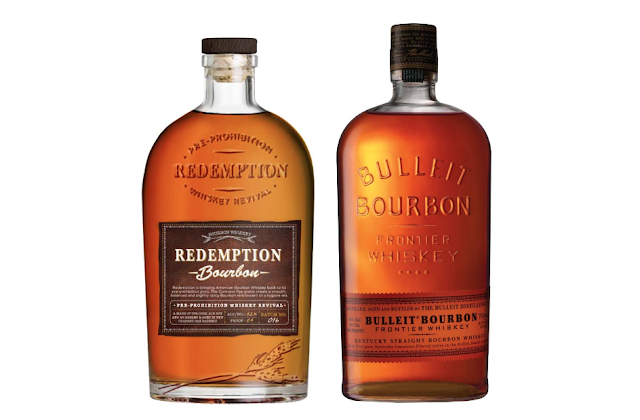About this Blog

I'm a lawyer by profession, and I will admit that the law can be pretty dull at times. But, as many of us know, whiskey has a tendency to brighten things up, and the law is no exception. Although I have been a whiskey enthusiast for a while, I only recently discovered that there are dozens of modern legal cases centered around whiskey. They involve some of the most popular brands (Maker's Mark and Buffalo Trace, just to name a couple) and arise from countless problems like trademark infringement, environmental concerns, and false advertising. I believe there are important and interesting stories about whiskey to be told from these modern legal cases. The law governs everything about our society, and likewise the law governs everything about our whiskey - how it is defined, produced, marketed, and distributed. Therefore, to fully appreciate whiskey, we must understand the law that currently governs it. In addition, modern legal cases allow us to view whiskey in a new way - ...
